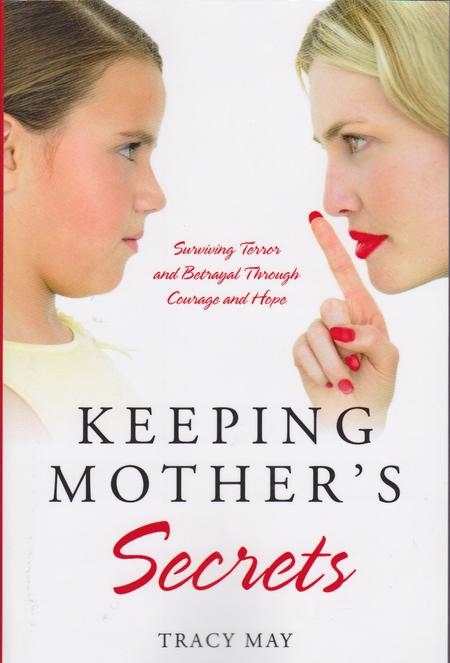Keeping Mother's Secrets
Surviving Terror and Betrayal through Courage and Hope
May is not just surviving but thriving, and her straightforward advice can help other abuse survivors do the same.
Tracy May reveals the abuse she endured as a child and her success as an adult in Keeping Mother’s Secrets: Surviving Terror and Betrayal Through Courage and Hope. By sharing her story, gives hope to those who have suffered abuse, enlightens those untouched by it, and provides insight for mental health and family court professionals.
May organizes her story into four sections. These focus on the abuse she experienced as a child, the custody battle between her parents, lingering problems and new assaults she suffered as she tried to cope with her circumstances, and achieving personal success as an adult.
The first section describes the many and frequent instances of abuse she suffered as a child and provides a portrait of her mother, a paranoid schizophrenic. May provides sufficient specifics of the physical and emotional abuse without making the narrative salacious. Telling the story from a child’s point of understanding or knowledge works well here.
The second section details the inability or unwillingness of powerful people in the family court system to protect vulnerable children. This is the longest section in the book. Providing an extensive amount of the court’s proceedings reveals the difficulties of dealing with the system during the 1960s and suggests that these issues remain today. Though this degree of detail has merit, the pages devoted to these portions or summaries of court transcripts, affidavits, motions filed, and visitation transcripts are not all needed to convey the message.
In this section, May seems to move beyond the limits of memoir. She switches from talking about the effect of her mother’s alienating behavior on her to talking about the effects of parental alienation on other children. She says, “I have witnessed parental alienation used on children of divorce, whom I have known personally,” and concludes, “I have learned, through many painful years of experience that parental alienation can cause devastating effects on children because it is painful, manipulative and abusive.” However May is not a psychiatrist. Adding specific professional support in these cases would only strengthen her observations.
The final section takes the story to the point where May is not just surviving but thriving. This section seems especially supportive for those in similar situations. Her advice is straightforward. She also makes it clear that it is based on her own experience. Since she profited from professional help as a child and as an adult, her advice about how to find a counselor who is a “good fit” is well grounded.
By sharing her complete story, May achieves her goal of acting “for the greater good.”
Reviewed by
Geraldine Richards
Disclosure: This article is not an endorsement, but a review. The publisher of this book provided free copies of the book and paid a small fee to have their book reviewed by a professional reviewer. Foreword Reviews and Clarion Reviews make no guarantee that the publisher will receive a positive review. Foreword Magazine, Inc. is disclosing this in accordance with the Federal Trade Commission’s 16 CFR, Part 255.

